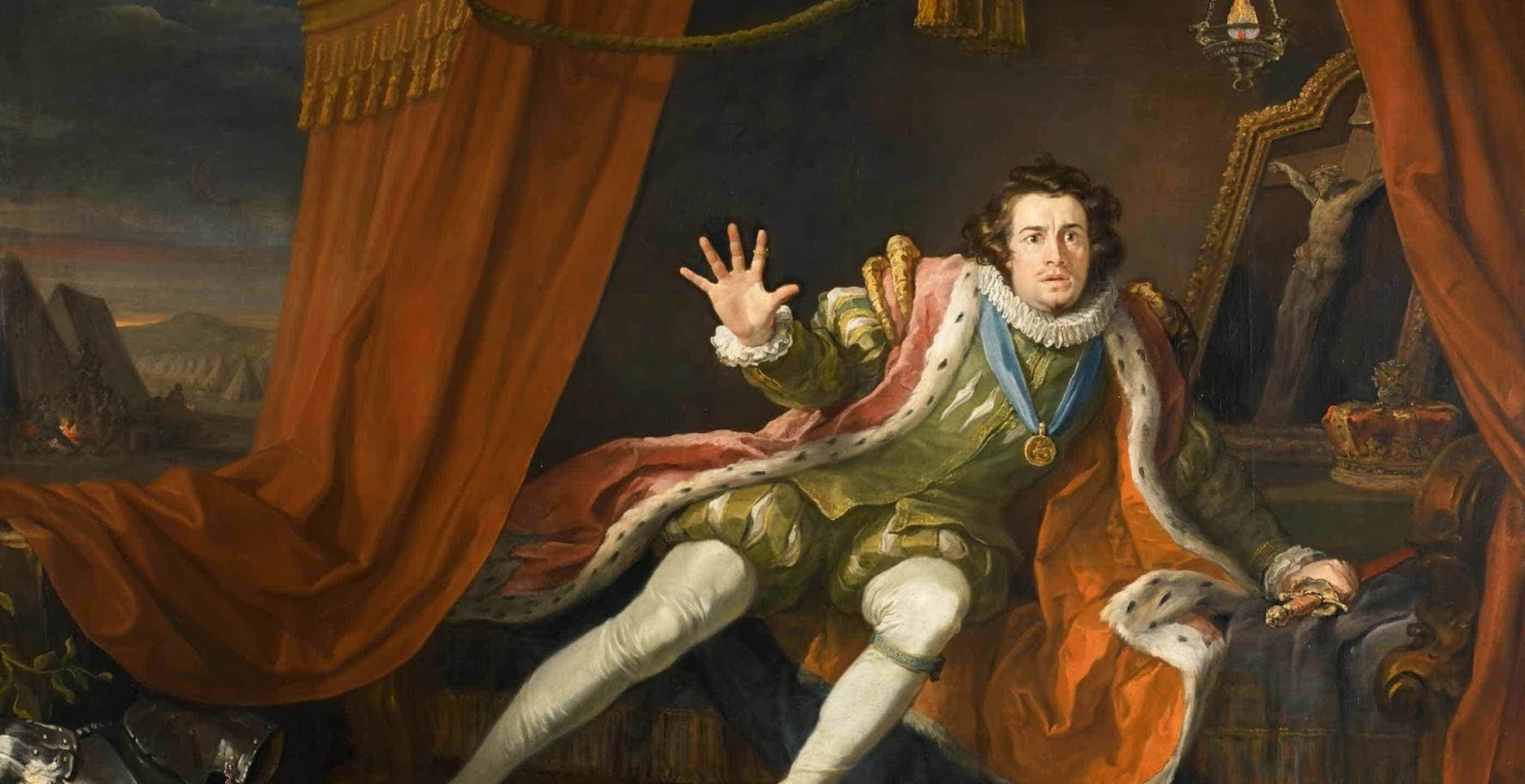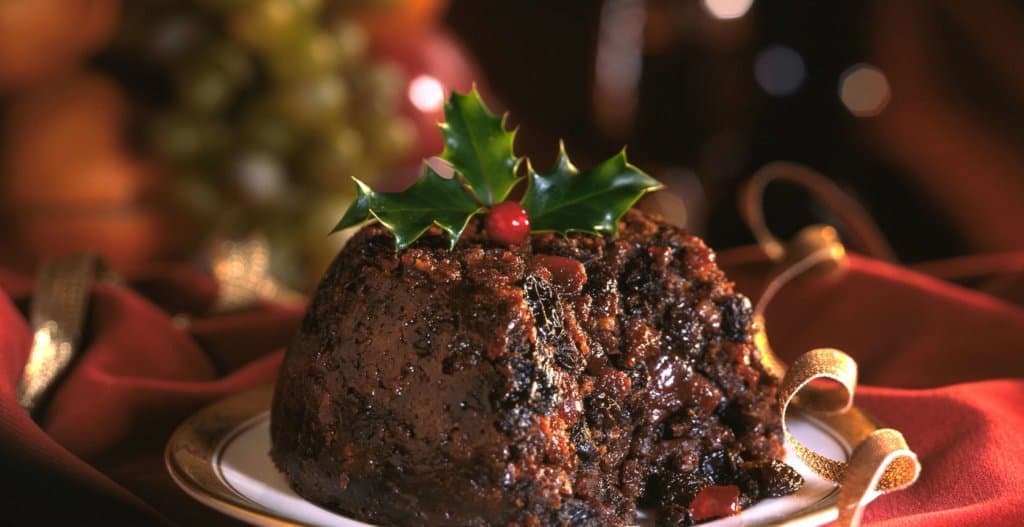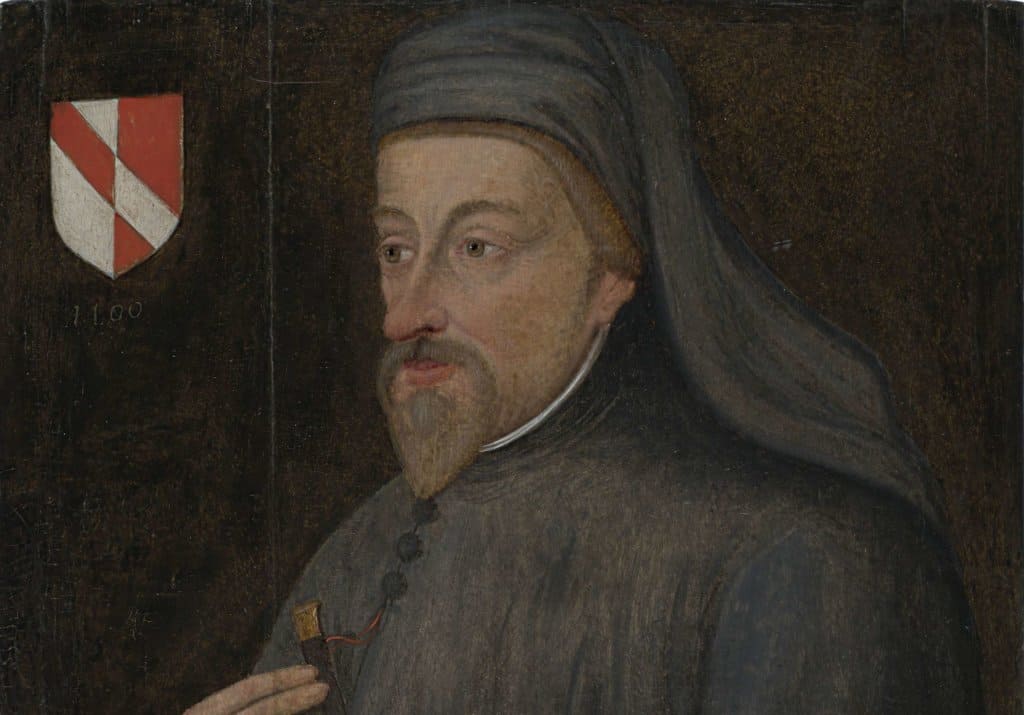Culture UK
Who are the British? Do they really drink tea, eat roast beef and Yorkshire pudding and never leave home without an umbrella? Find out more about true Brits; past and present, myth and legend, fact and fiction.
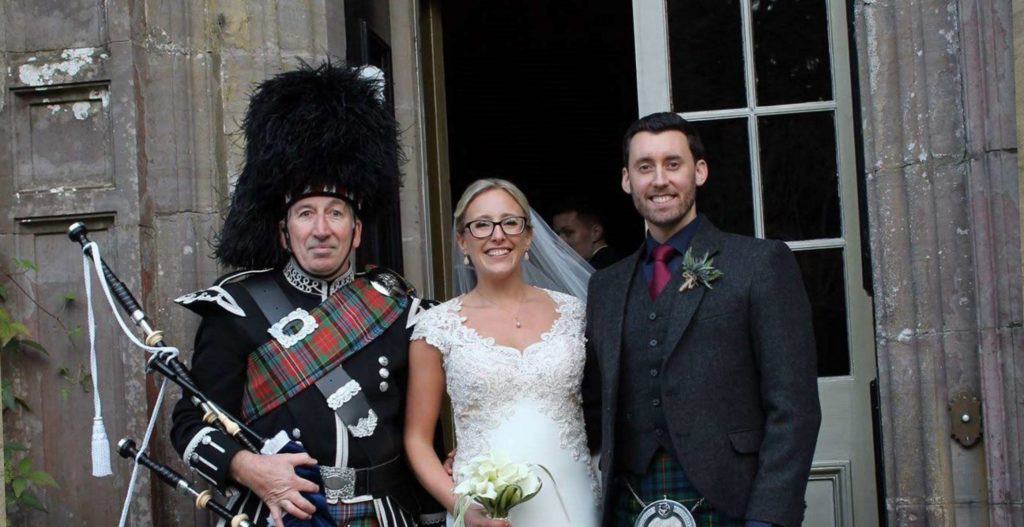
Scottish Wedding Traditions
Tying the Knot, Paying-the-Piper and Having a Dram – or a guide to traditional Scottish wedding practices and their origins!
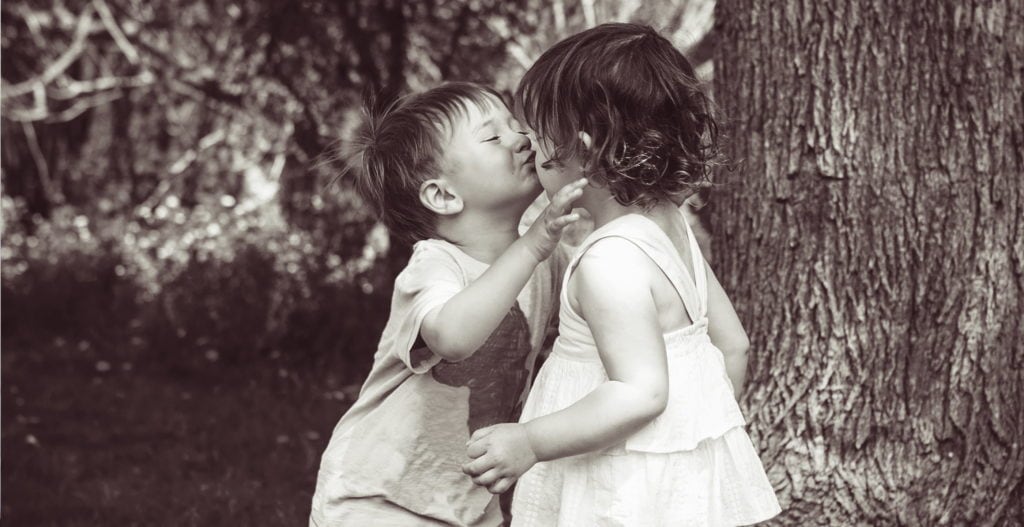
Kissing Friday
The Friday after Shrove Tuesday and Ash Wednesday is Kissing Friday. You may wonder why you haven’t heard of this strange custom…

How the Victorian Era affected Edwardian Literature
Lexi Burgess discusses how authors’ writing in the Edwardian era began to challenge Victorian morality and sensibilities, and the rise of technology…
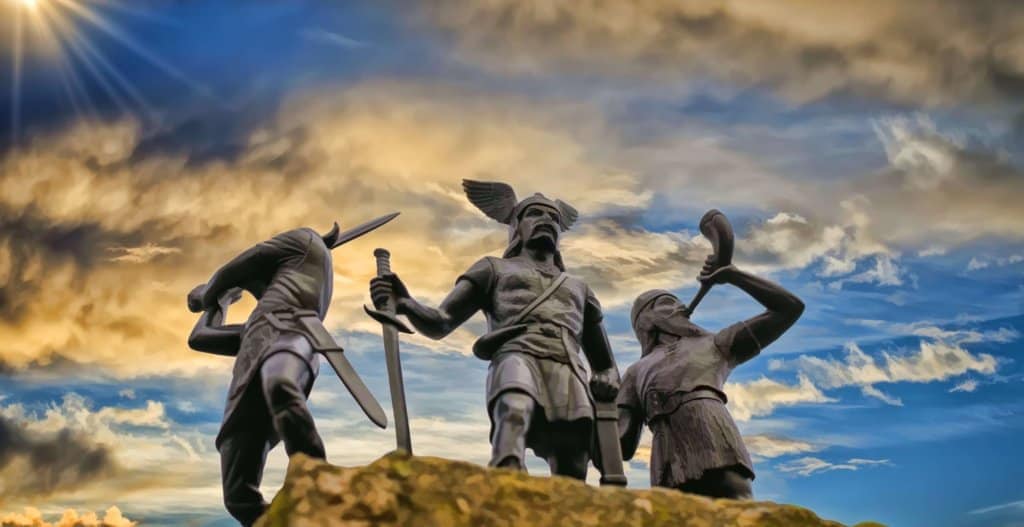
The Anglo-Saxon English Days of the Week
The Anglo-Saxon, English speaking world shares the common legacy that their days of the week echo the cries of the pagan warrior tribes who invaded Britain in the Dark Ages…

The Christmas Tree
One of the main symbols of Christmas is the Christmas tree. It can be large or small, indoors or outdoors, traditional or modern…
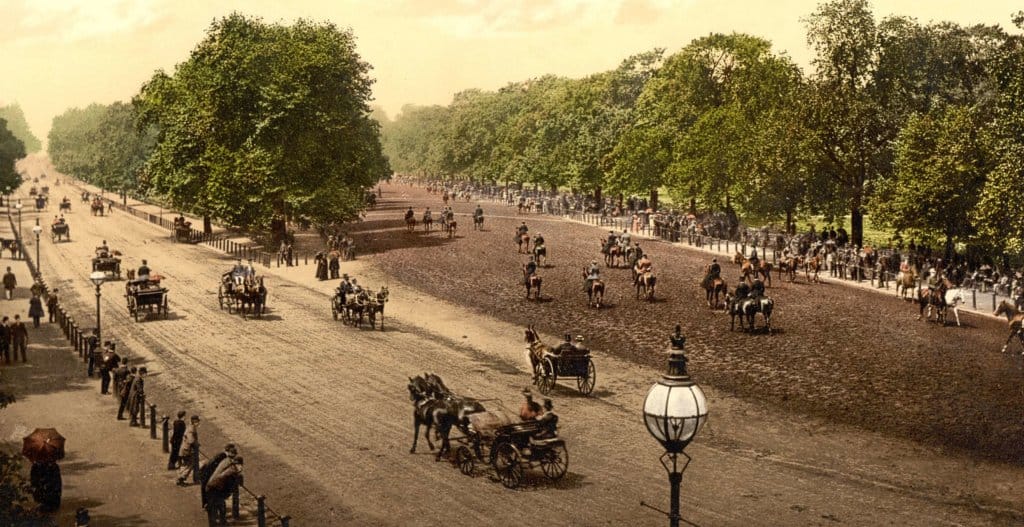
Augustus John Cuthbert Hare, Travel Writer
Travel writing was one of the most popular genres in 19th century Britain. The author Augustus Hare produced a guide ‘Walks in London’ which gives a fascinating view of the city at that time…
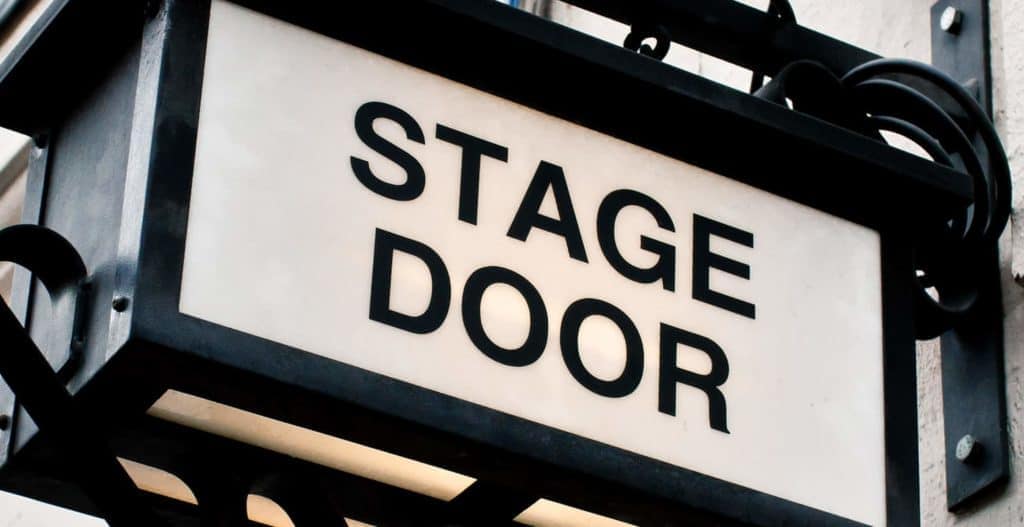
Pantomime
Pantomime is a unique, marvellous – and slightly eccentric! – British theatre entertainment for Christmas.
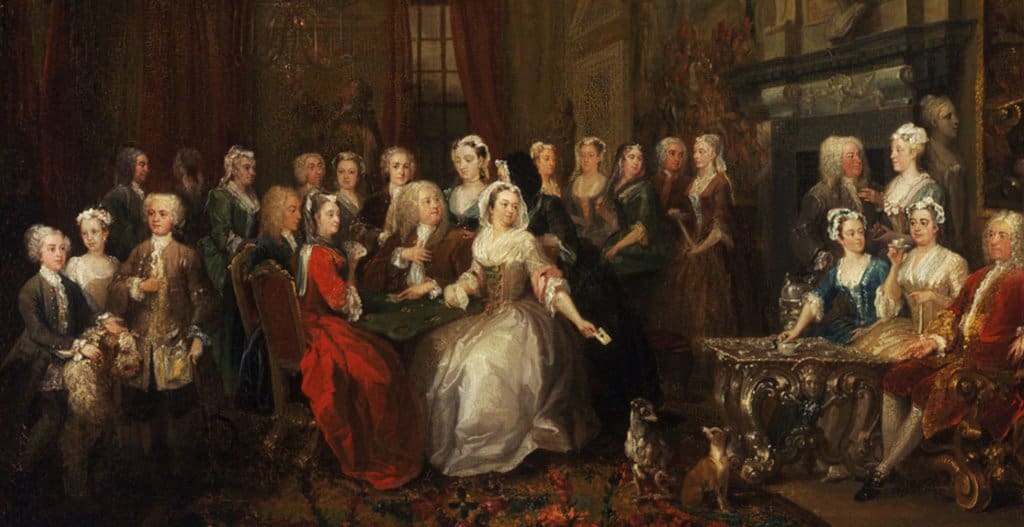
You Say You Want a (Fashion) Revolution?
English history is rife with rebellions, riots, and revolutions. Most often, these rebellions took the form of direct action, street protests or uprisings. But there was more than one way to rebel; you could also flout authority through fashion…
